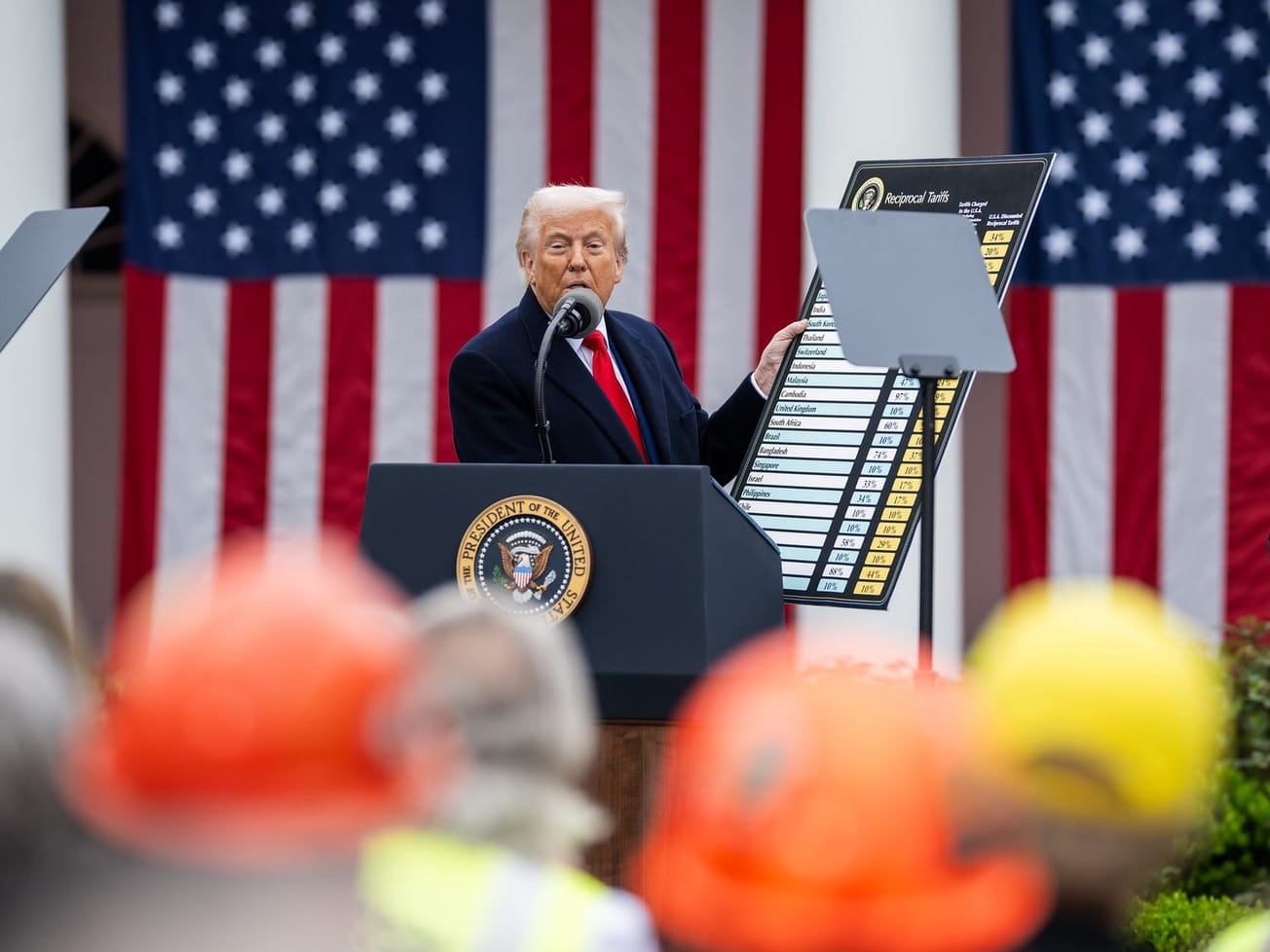While its domestic spending for dirty coal-fired power surges, China promises to boost green energy in its global Belt and Road Initiative.
China's President Xi Jinping said on Wednesday his nation's $1 trillion global infrastructure program has shifted to a "philosophy of open, green and clean cooperation" that promotes connectivity and sustainability.









